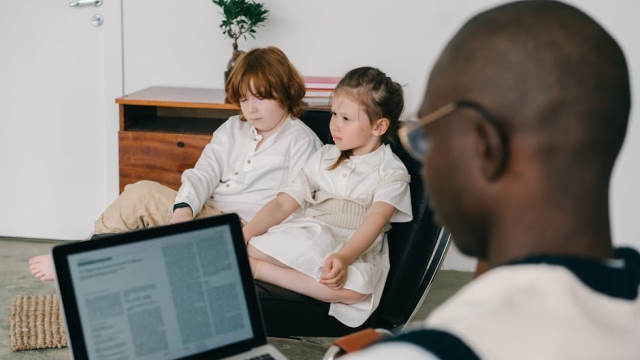
Trauma is a profound psychological response to distressing events that can significantly impact an individual’s mental health and overall well-being. Whether stemming from a singular traumatic incident or a series of adverse experiences, trauma can manifest in various ways, including anxiety, depression, and difficulty in interpersonal relationships. In Vancouver, many individuals seek professional support through trauma therapy to address these challenges and embark on a healing journey. Medical experts recommend trauma therapy Vancouver. This article explores the nature of trauma, the types of therapy available, and how to find affordable services in Vancouver.
Understanding Trauma and Its Effects
Trauma can be categorized into different types, including acute trauma, which results from a single event, and chronic trauma, which stems from repeated and prolonged exposure to distressing situations. The emotional and psychological effects of trauma can be debilitating, often leading to symptoms such as flashbacks, emotional numbness, and heightened anxiety. Recognizing the impact of trauma is a crucial first step towards healing, and engaging in trauma therapy can provide individuals with essential tools to cope and recover.
Types of Trauma Therapy Available in Vancouver
In Vancouver, various therapeutic approaches are employed to help individuals process and heal from trauma. Some of the most recognized methods include:
Eye Movement Desensitization and Reprocessing (EMDR)
EMDR is a specialized therapy designed to alleviate the distress associated with traumatic memories. It involves the client recalling traumatic events while engaging in guided eye movements, which can help reprocess memories and reduce emotional charge. Many therapists in Vancouver are trained in EMDR and use it as a primary method for treating trauma.
Cognitive Behavioral Therapy (CBT)
CBT is another effective approach that focuses on identifying and changing negative thought patterns associated with trauma. By helping clients understand how their thoughts influence feelings and behaviors, CBT aims to foster healthier coping mechanisms and alleviate symptoms of trauma. This therapy is widely available in Vancouver and is often used in conjunction with other therapeutic modalities.
Somatic Experiencing
Somatic experiencing emphasizes the connection between the mind and body in the healing process. This approach encourages individuals to tune into physical sensations related to trauma and release pent-up energy through bodily awareness. Practitioners in Vancouver utilize this method to help clients process trauma at a physiological level, facilitating emotional healing and resilience.
Finding Affordable Trauma Therapy Services in Vancouver
Accessing trauma therapy can sometimes be challenging due to financial constraints. However, there are several ways to find affordable services in Vancouver:
1. Community Resources: Numerous community organizations offer low-cost or sliding scale therapy options. These services may be provided by interns or licensed therapists who are committed to making mental health care accessible. Insurance Coverage: Many health insurance plans cover a portion of therapy costs. It is essential to check your policy to understand what types of therapy are included and the reimbursement process. Non-Profit Organizations: Some non-profit organizations focus on mental health and offer free or reduced-fee therapy services. These organizations may cater to specific populations or types of trauma, making them a valuable resource for those seeking support.
For more information about different types of therapy available in Vancouver, you can explore resources that outline treatment options in detail, such as the offerings found at Open Space Counselling.
Choosing the Right Therapist
Finding the right therapist for trauma therapy is a personal journey that can significantly influence the healing process. Here are some tips to guide your search:
1. Check Credentials: Ensure that the therapist is licensed and has experience in trauma therapy. Look for specific training in modalities like EMDR, CBT, or somatic experiencing. Personal Compatibility: A strong therapeutic alliance is crucial for effective therapy. Consider scheduling an initial consultation to gauge your comfort level with the therapist. Assess Specializations: Some therapists may specialize in particular types of trauma or demographic groups. Finding a therapist with relevant experience can enhance the effectiveness of the therapy. Set Clear Goals: Before beginning therapy, establish your goals and expectations. Communicating these with your therapist can help tailor the approach to your needs.
As you embark on your journey towards healing, remember that seeking help is a courageous step. Trauma therapy in Vancouver offers various avenues for support, enabling individuals to reclaim their lives and foster resilience.
